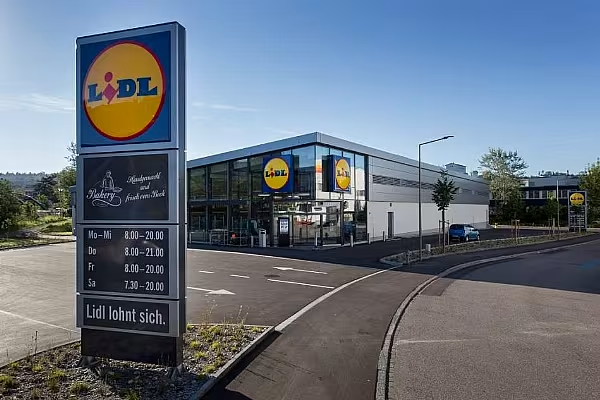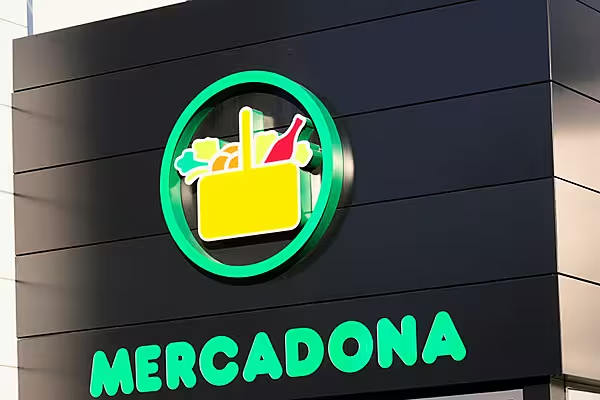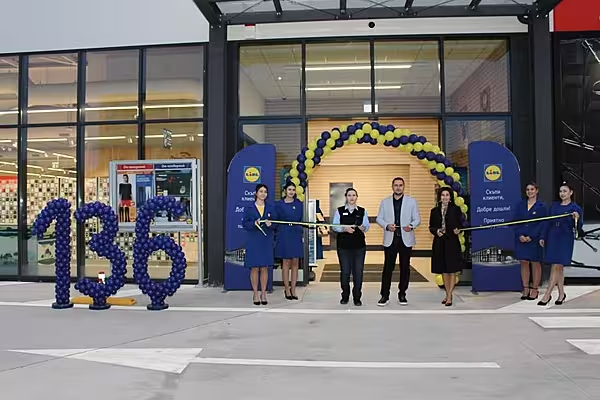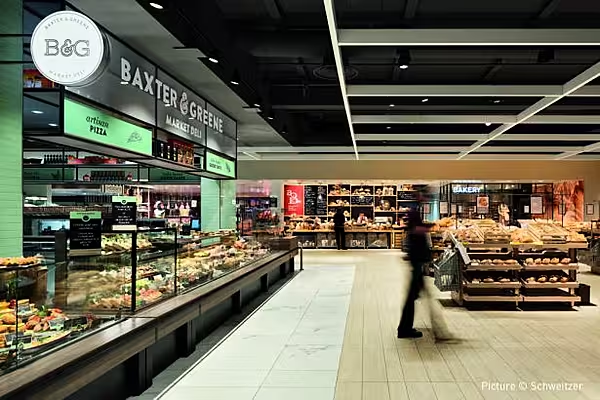Discounter Lidl has pledged to reduce its greenhouse gas emissions significantly and achieve net-zero emissions across all its global operations and supply chains by 2050.
The net-zero goal includes a focus on Scope 3 emissions, which account for 90% of the company’s environmental footprint.
Focus Areas
To reach this target, Lidl is expanding its climate strategy to include specific targets for emissions in agriculture, forestry, and other land uses (FLAG emissions), as well as the energy and industrial sectors.
The German retailer aims to reduce these emissions by 42.4% and 35%, respectively, by 2034.
Lidl is also focusing on collaborating with its partners and suppliers in achieving its sustainability goals. The company is working with its largest suppliers, which are responsible for 75% of its product-related emissions, to set and achieve their own emissions reduction targets, aligned with the Science Based Targets initiative (SBTi), by 2026.
Operational Emissions
In addition to its Scope 3 targets, Lidl noted that it has already made significant progress in reducing its operational emissions (Scopes 1 and 2). By transitioning to 100% renewable energy in all its branches, logistics centres and offices, the discounter has limited its operational CO2e emissions by 52%.
Lidl’s science-based targets, which the company has been pursuing since the start of the decade, are aligned with the broader climate strategy of the Schwarz Group, Lidl’s parent company.
By establishing its own climate targets, Lidl is contributing to the Schwarz Group’s overall commitment to achieving the 1.5°C target of the Paris Climate Agreement. These targets are based on the scientific methodologies of the SBTi, which the Schwarz Group joined in 2020.











